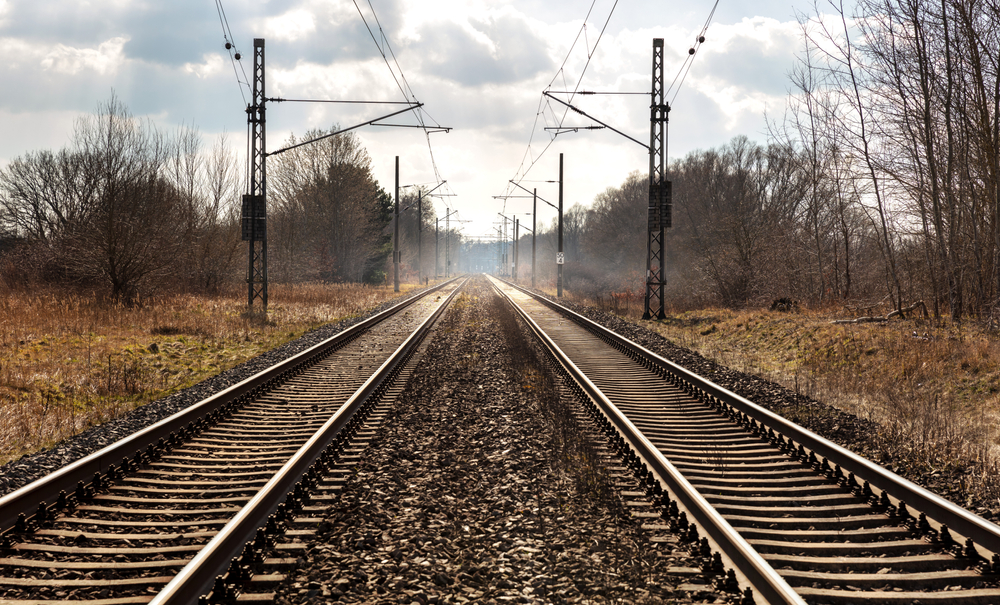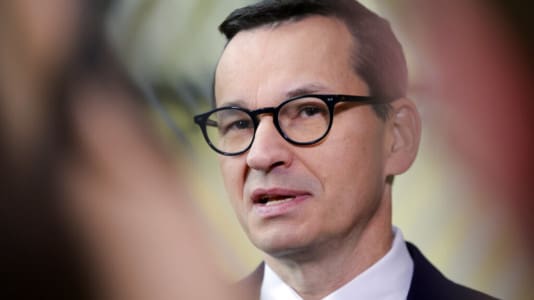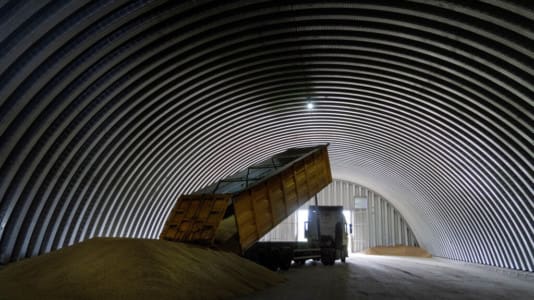Military commanders know only too well the importance of logistics. Tanks can’t do anything unless the army is mobile and can reach the frontline quickly with secured supply lines. It is nearly always the railways which are the best mode of transport to ensure armies can pull off this feat.
Just a few days ago, the U.S. ambassador to Poland, Mark Brzezinski, told the Railway Direction Days congress in Warsaw that trains have become a critical part of the struggle for freedom. He urged the region of Central and Eastern Europe to quickly address the need to speed up rail connections for the sake of national security.
The war in Ukraine has led the countries of the Three Seas region — made up of the Visegrád Four, the Baltic states, and Romania — to intensify preparation for making the railways more adaptable to military needs on the 1,500 kilometers of border between NATO and Russia.
[pp id=63113]
General Tomasz Kowalik, the deputy commanding officer of the Multinational Corps Northeast, says that despite the losses suffered by the Russian army, the danger to NATO still exists and there is no time to lose. Once Russian attack plans were detected, NATO would have just a few days, at best weeks, to shift troops into the right place. This is especially important given NATO and the U.S.’s commitment to defending every inch of NATO territory. An effective rail network is essential to make that a reality.
To ensure this is achieved, the countries of the Three Seas region are preparing €65 billion worth of investments in high-speed railways links. However, the construction of these links will not be ready before the end of the decade. This means that the region is behind the curve in terms of the necessary railway connections as far as the military is concerned.
[pp id=46784]
One of the key problems facing the transfer of troops from place to place along the eastern flank of NATO is the difference in railway gauges in Western and Eastern Europe. Ukraine, for instance, is suffering from the fact that the rail link between it and Lithuania involves railway cars having to change gauges when entering Poland since transport using the eastern gauge across Belarus is no longer possible. In addition, the railway links between Poland and Lithuania are still relatively weak.
Gen. Kowalik believes that there are ways of improving the network faster to secure the region from Russian attack. First of all, by increasing the number of rail sidings so that the transport of troops and equipment does not interfere with passenger traffic. He said that evacuating civilians in wartime is as important as transporting troops and that sufficient rail sidings will smooth traffic flows on the railways.
Another key issue is ensuring there is the infrastructure to move equipment and people from ports into the interior. This war has shown that Poland is not well-developed in that regard, and there were problems getting grain through Poland when Russia blocked the Ukrainian Black Sea ports.





